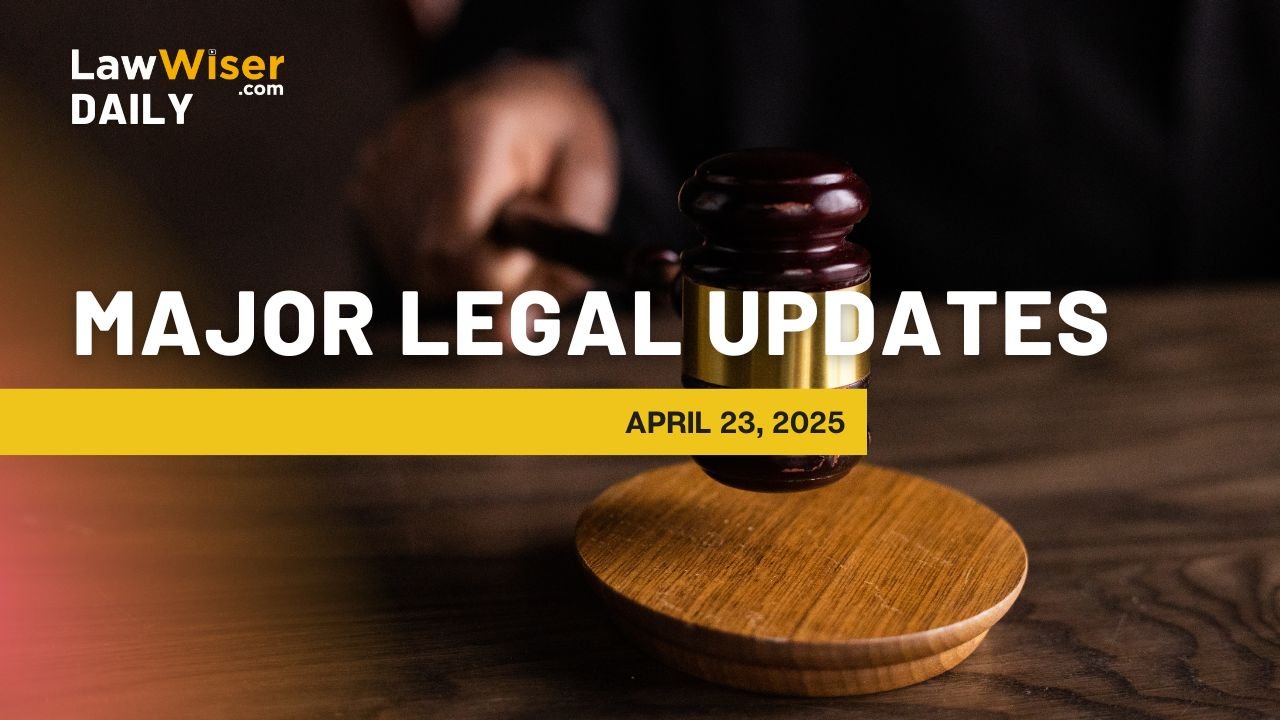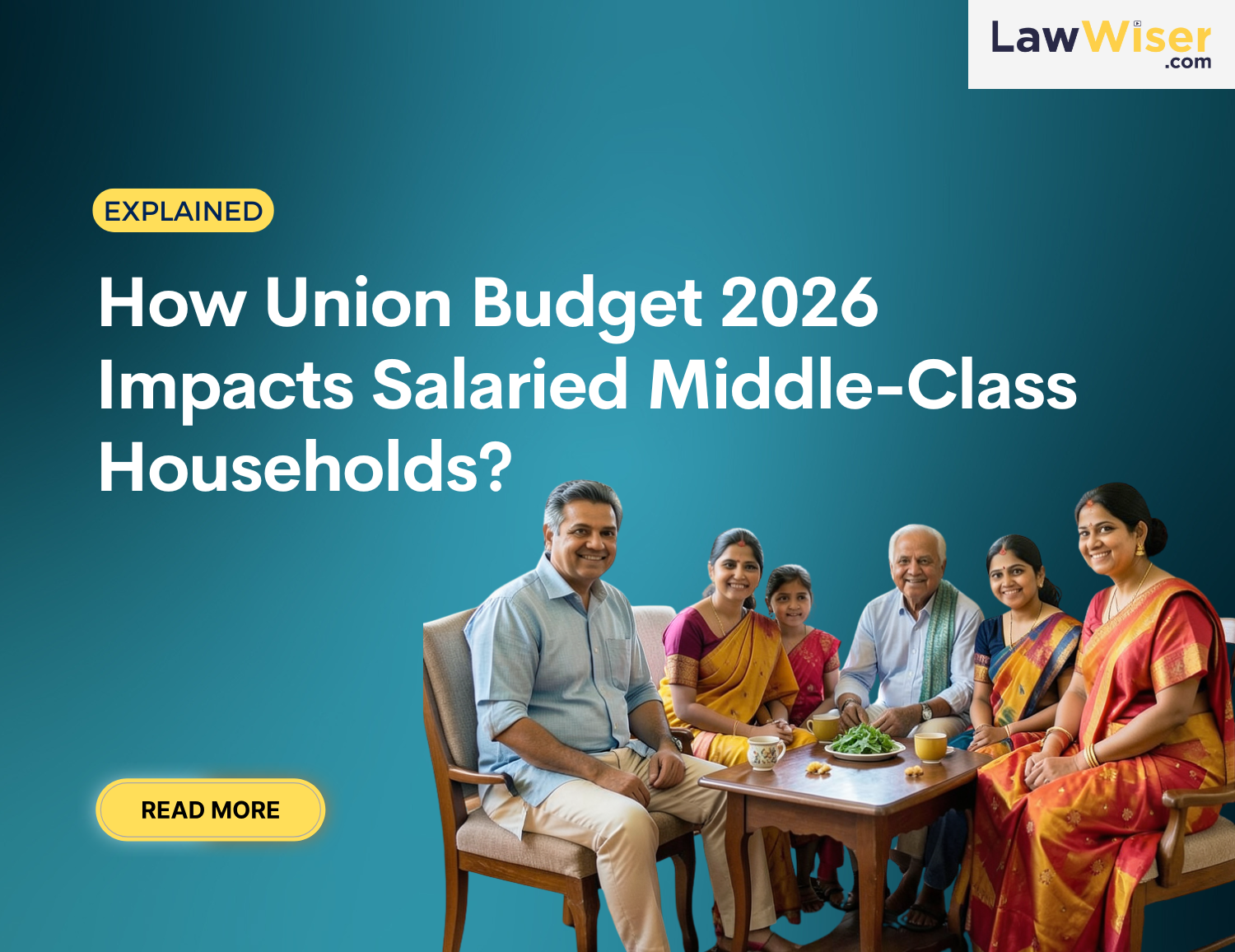PFC Files Complaint Against Gensol Engineering for Alleged Loan Fraud Using Fake EV Purchase Documents
Power Finance Corporation Ltd (PFC), a government-owned financial institution, has lodged a complaint with the Economic Offences Wing of the Delhi Police against Gensol Engineering Ltd, accusing the company of falsifying documents to secure loans for electric vehicle (EV) purchases.
Gensol, the parent company of EV ride-hailing startup BluSmart, allegedly forged letters from PFC and the Indian Renewable Energy Development Agency (IREDA) to misrepresent its loan servicing status. These fraudulent claims came to light after credit rating agencies sought verification of the documents with the lenders and found discrepancies.
PFC, in a statement, confirmed that the complaint had been filed and that it was also reviewing the matter internally under its anti-fraud policy. The internal probe is focused on tracking missing delivery receipts for EVs financed through its loans.
Between FY22 and FY24, Gensol reportedly secured loans worth ₹977.75 crore from PFC and IREDA to fund the purchase of 6,400 electric vehicles. However, only 4,704 vehicles, worth ₹567.73 crore, were actually procured, according to supplier Go-Auto. This has raised red flags about the use of the remaining funds.
SEBI’s interim order, issued on April 15, 2025, revealed deeper financial irregularities. The capital markets regulator stated that Gensol’s promoters, Anmol and Puneet Singh Jaggi, treated the company like a personal “piggy bank.” SEBI found evidence of serious lapses in financial oversight, including the diversion of over ₹262 crore to personal accounts and other related entities.
Some of the diverted funds were used for luxury expenditures, including high-end real estate purchases. The SEBI report cited transactions for flats in DLF Camellias, where prices begin at ₹70 crore.
Further, SEBI’s inspection of Gensol’s so-called EV manufacturing plant in Pune found that there was virtually no activity at the site—only two to three laborers were present, and the facility itself was leased. The regulator stated that there was no sign of actual manufacturing.
Gensol and its subsidiary BluSmart had become notable players in the EV ride-hailing space, particularly in Delhi NCR and Bengaluru, but the unfolding investigation now raises significant questions about corporate governance and misuse of public funds.
Kerala High Court Strikes Down GST on Club Services to Members as Unconstitutional
The Kerala High Court has ruled that services or welfare schemes offered by clubs or associations to their own members cannot be taxed under the Goods and Services Tax (GST) regime, declaring recent legal amendments seeking to impose such a tax as unconstitutional.
In a judgment delivered on April 11, a division bench of Justice AK Jayasankaran Nambiar and Justice Easwaran S struck down Sections 2(17)(e) and 7(1)(aa) of the Central GST Act, 2017 and Kerala GST Act, which had deemed club-to-member services as taxable supplies. These provisions were introduced in 2021, with retrospective effect from 2017.
The Court ruled that the Constitution requires a taxable supply of services to involve at least two distinct legal persons: a provider and a recipient. Since a club and its members are treated as one legal entity under the principle of mutuality, such intra-entity transactions cannot be taxed.
“When the Constitution has understood a taxable transaction as necessarily involving two persons, can a legislature deem a transaction that does not involve two persons as a taxable transaction?” the Court observed. It emphasized that the GST framework does not contemplate taxation of “self-supply” or “self-service.”
The case was brought by the Kerala State Branch of the Indian Medical Association (IMA), which feared that its mutual benefit schemes—such as the Social Security Scheme, Professional Disability Support Scheme, and Kerala Health Scheme—would be taxed retroactively. The IMA argued that these schemes involve pooled contributions for the collective welfare of members and do not constitute services between two separate parties.
While a single judge had earlier upheld the constitutional validity of the amendment, that judge had also ruled that the changes could not apply retrospectively. The IMA and the government both appealed this decision.
The division bench sided with the IMA, stating that Parliament cannot redefine a constitutional concept through legislation. It held that the amendment violated Article 246A (which grants power to levy GST), Article 366(12A) (definition of “services”), and Article 265 (which bars tax collection without legal authority).
The Court also observed that applying the amendment retrospectively lacked justification and would have unfair consequences. The judgment emphasized that the State, in modern times, must justify any action that interferes with constitutional rights.
Senior Advocate Arvind P Datar appeared for the IMA. Solicitor General ARL Sundaresan represented the Union of India, while Special Government Pleader (Taxes) Mohammed Rafiq appeared for the State.



 April 23, 2025
April 23, 2025






 February 4, 2026
February 4, 2026 0 COMMENTS
0 COMMENTS



